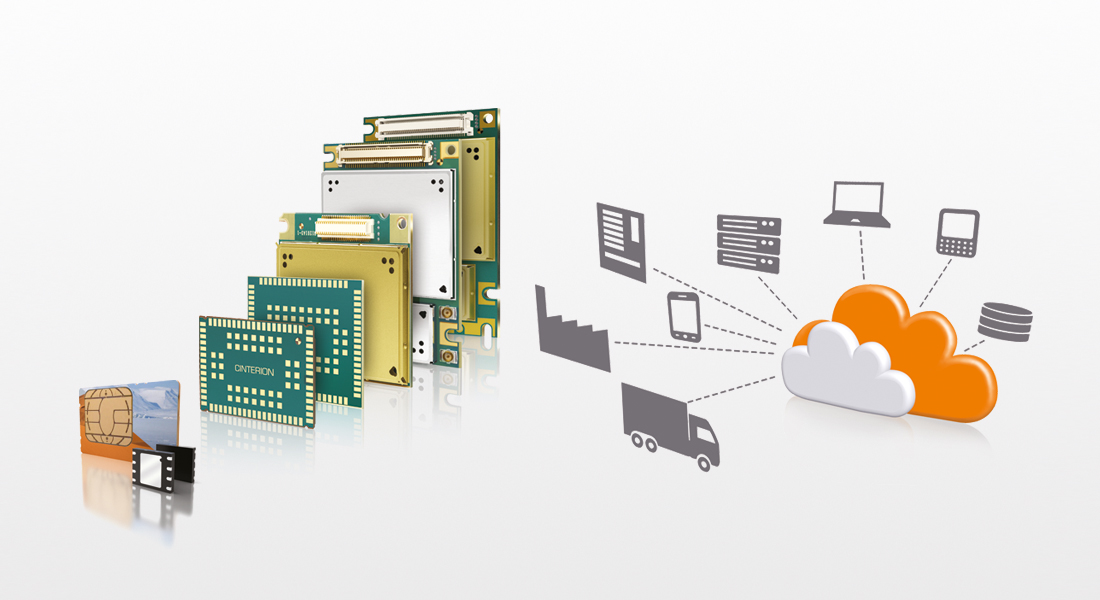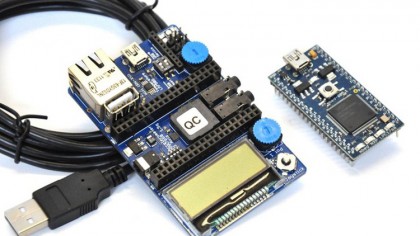What can the internet of things do for SMBs?
The term might not be familiar, but you are probably already using internet of things devices

Sign up for breaking news, reviews, opinion, top tech deals, and more.
You are now subscribed
Your newsletter sign-up was successful
Essentially, the internet of things (IoT) is about connecting anything to the internet using sensors; it is part of your business smartphones, as well as devices such as the Raspberry Pi mini computer.
And that is only the start: the area is going to get so big that firms slow to embrace it will fall behind their rivals, according to a recent report. The report, which was conducted by The Economist Intelligence Unit (EIU) on behalf of chip designer ARM, said that falling technology costs, government interest and developments in mobile and cloud computing are making the internet of things become a reality.
But what does this mean for a small business? The internet of things includes devices used to monitor processes. This in turn can increase your efficiency, save money and reduce waste.
On top of the ability to monitor, firms can also link their retail supply chain to their CRM system to find out who is buying what, ultimately improving customer service and sales.
Efficient working
As the price of devices comes down, it's likely that most firms will eventually be IoT enabled. But SMBs must get their data in order first.
Because it generates huge amounts of information, the internet of things is very much linked to big data and analytics. According to Axel Hansmann, VP for M2M at Gemalto: "It is taking internet to another level: connecting things and making sense of the data coming in, while sending actions back out to optimise things."

These huge amounts of data are seeing increasing use of cloud, making IoT more accessible for SMBs. "These days - the beauty of cloud is that you can quickly scale things," Hansmann says. "You had to pre-invest before but cloud services allow you to build up over time."
Sign up to the TechRadar Pro newsletter to get all the top news, opinion, features and guidance your business needs to succeed!
As a result, the opportunity lies in more efficient working. In the future, this could mean the potential to use the information that is generated by machines to improve customer service, for example. "If you are a manufacturer, you can pre-empt customer service calls by monitoring the processes," Jon Collins, Gigaom Research Analyst, explains. "It is a great opportunity."
Other industries set to benefit include healthcare, retail, and transportation. However, internet of things implementation must be aligned with the needs of the particular business. "For IoT to become accessible for small and medium sized businesses, a standards-based approach is critical to avoid data silos," Charlene Marini, VP of Embedded at ARM, advises.
SMBs also need to think about the security implications of the internet of things. Connected devices are considered vulnerable to hacking because many of them use the Linux operating system - which isn't patched in the same way as licensed services such as Windows. Therefore, firms must approach IoT in the same way they do all IT systems, by updating them regularly and using identity management and authentication.
Buying options
The internet of things is only just starting to emerge, so most products do require SMBs to have some technical expertise. Gemalto offers a tracking solution that works out of the box, as well as an API that can be integrated into an IT ecosystem. The firm uses Java, which it says "makes things easier".
"Java has already simplified mobile handsets; we think it also has the ability to change the internet of things," Hansmann says. As a result, the firm has launched an easy-to-use developer board.
Another company, Xively, by LogMeIn allows you make your own connected devices and use them internally. The solution is platform-as-a-service, giving users the ability to create IoT connected products and solutions. "We allow thousands of platforms to feed into our cloud through standardised API into application," says Chad Jones, Xively Vice President of Product Strategy.

Xively's pricing is on a per device basis, at around 10 cents (6p) per device, per month. The firm also has a free developer account as well as a 'free for personal use' offering so businesses can try before committing.
The internet of things is still in its early stages; standards and simplicity are lacking. However, Collins says he has "absolutely no doubt" that easy-to-use plug and play products will come to the market over the next two years. "We are in the custom era for the next 12 to 18 months. Companies are geared up but they are not ready," he says.
So for now, Collins advises small and mid sized firms to 'hack away': "Get a Raspberry Pi and customise," he says. "Spend a grand and start playing with some of the stuff. Knowing when a door is left open can be very useful."